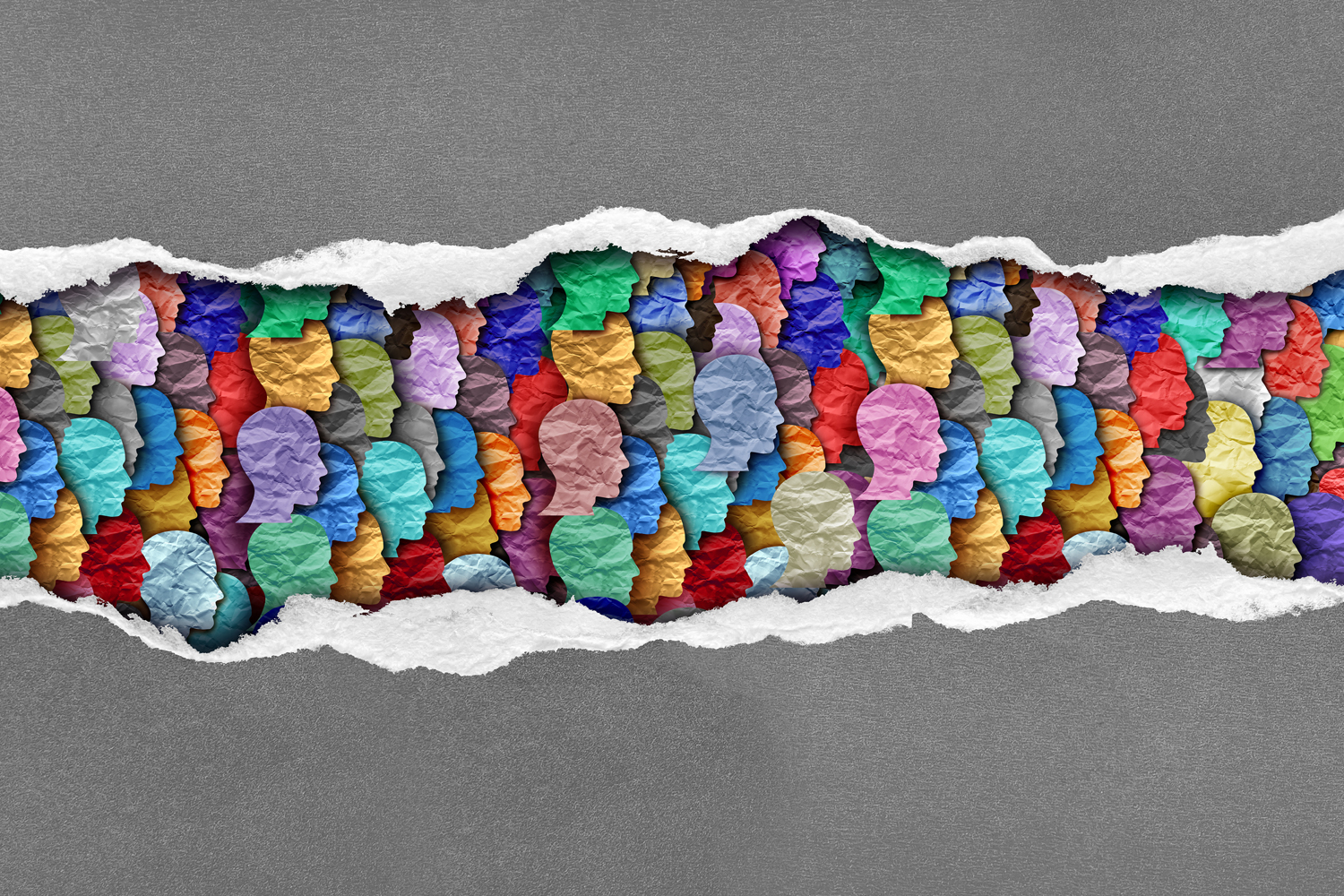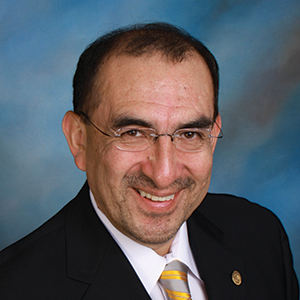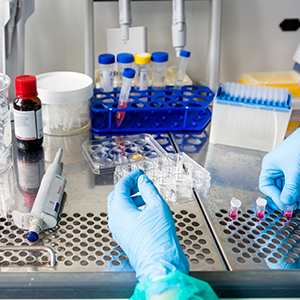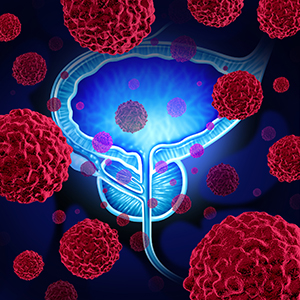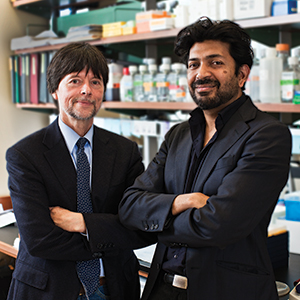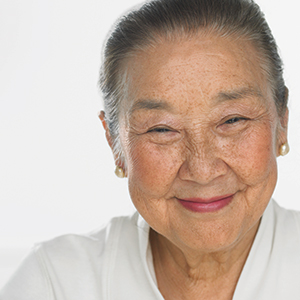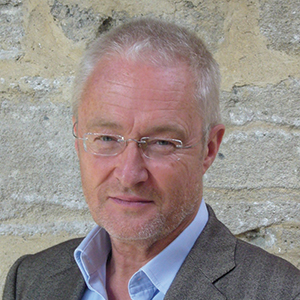-
A Dose of Precision
Stereotactic radiation therapy–heavily marketed to consumers–is gaining momentum as a more convenient treatment. But it's not for every patient.
by Sharon Reynolds
-
Healthy Habits
A Cup of Tea?Black tea consumption may be associated with a reduced risk of ovarian cancer.
by Kurt Ullman
-
Forward Look
A Champion for PreventionQ&A with Elmer Huerta, the director of the Cancer Preventorium at MedStar Washington Hospital Center
by Sue Rochman
-
Forward Look
National Clinical Trials Network Now UnderwayRevamped program aims to get new treatments to patients faster.
by Michael Eisenstein
-
Forward Look
Personalizing Prostate Cancer TreatmentActive surveillance may not be right for all African-American men with low-grade prostate cancer.
by Stephen Ornes
-
Lighting a Fire Under Tobacco-Related Cancers
As researchers unravel the extent and scientific underpinnings of tobacco-related cancers and addiction, patients can seek support to quit tobacco or cope with the stigma often associated with these cancers.
by Stephen Ornes
-
Telling Cancer’s Story
A Pulitzer Prize-winning book about cancer becomes a documentary after noted filmmaker Ken Burns signs on.
by Marilyn Fenichel
-
When Age Is Only a Number
More than half of cancer patients are over 65, but not all older cancer patients should be treated alike. That's where geriatric oncology comes in.
by Yasmine Iqbal
-
Q&A
Paying Attention to DepressionPsychiatrist Michael Sharpe suggests a new approach to identifying and treating depression in cancer patients.
by Marci A. Landsmann
-
Healthy Habits
Antioxidant ProtectionTomatoes might play a role in decreasing a man's risk of prostate cancer.
by Leigh Labrie
Cancer Talk
The Power of Comedy
In a new play, the pain of cancer can be a chance to laugh.
by Ashley P. Taylor
Melanoma Risk in Childhood Cancer SurvivorsPeople treated for childhood cancer found to have twice the risk of developing melanoma as an adult.
by Cameron Walker
Online Second OpinionsMore than half of patients who participated in a program offering online second opinions were recommended a change to their treatment plan.
by Eric Fitzsimmons
Musical Toxicity an Effect of Cancer TreatmentStudy finding cancer treatment affects ability to play or sing music highlights need for physical therapy, experts say.
by Kyle Bagenstose

